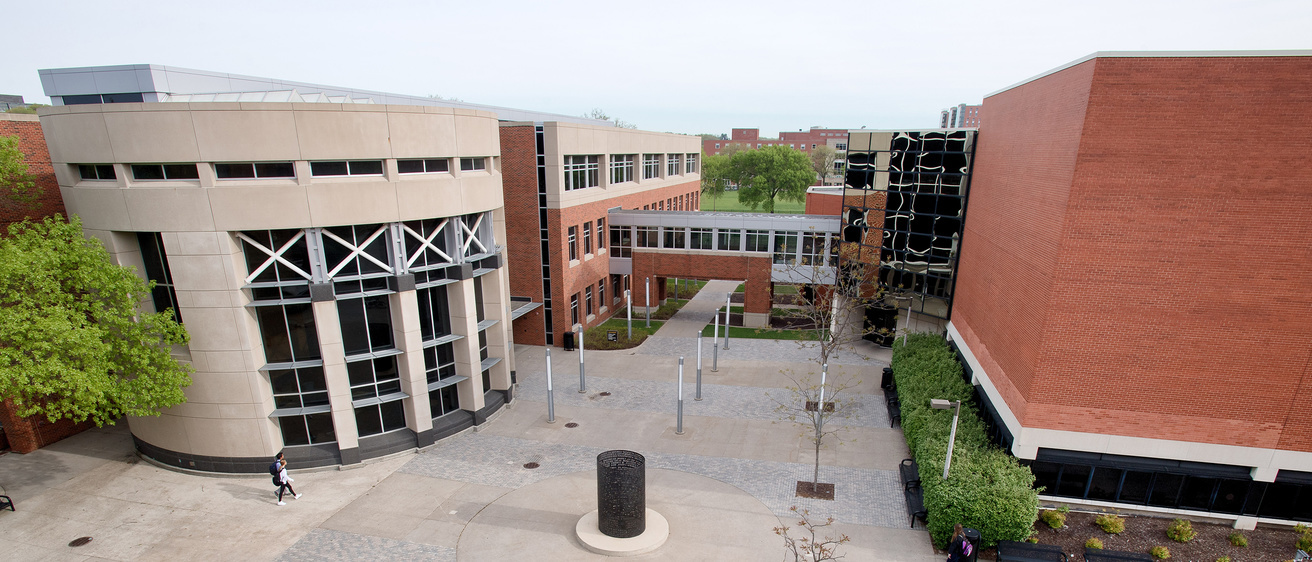Main navigation
Do more than theorize–put knowledge into practice by exploring linguistic, social, and artistic aspects of communication in the world around us.
At the graduate level, the department focuses on the study of communication as a social practice. Our faculty and graduate students engage in scholarship and teaching that center on the role that communication plays in the construction, maintenance, and transformation of social life. The program embraces both humanistic and social scientific perspectives and methods.
The graduate program is primarily a doctoral program, though occasionally students are admitted for the master’s or choose to leave with a master’s. Communication Studies has the mission of providing a doctoral education second to none and of providing national and international leadership in research and knowledge dissemination in communication theory.
The graduate program has three areas of specialization that cohere around the common concern of understanding and explaining how different modes and media of communication shape people’s everyday lives:
- Interpersonal Communication and Relationships
- Media History and Culture
- Rhetoric, Culture, Engagement
These three areas complement one another and share the department’s intellectual focus on the study of communication as a social practice. Students are encouraged to draw liberally on intellectual resources throughout the department and related departments in the university.
Explore graduate programs
Graduate program FAQ
How many applicants do you accept each year into your graduate program?
We typically accept 4-6 PhD and MA students each year.
How long does the program take to complete?
Our MA is a two-year degree. Most of our PhD students complete their degree in 5 years.
What funding opportunities exist for MA and PhD students?
Our admitted students typically receive either 2 (MA) or 5 (PhD) years of funding. This is contingent on available funds. However, students may apply for a range of fellowships, grants, research assistantships, and internships offered through the Graduate College, College of Liberal Arts and Sciences, or other units on campus.
Am I able to transfer credits or grades from other institutions into the program?
Students entering the PhD program who have completed a relevant master’s degree may transfer up to 30 hours of graduate credit from academic courses. All transfer credits are subject to authorization by the Graduate College and must be approved by the committee at the Plan of Study meeting. Students entering the MA program may transfer in no more than 6 hours of credit.
Does the University of Iowa offer graduate certificates?
The University offers more than 20 graduate certificates. Below are a few certificates of particular interest to our students, but the full list can be found on the Graduate College website.
- African American Studies
- College Teaching
- Gender, Women's & Sexuality Studies
- Online Teaching
- Public Digital Humanities
- Public Health
Where do you place your doctoral students after graduation?
PhD data by program is available on the Graduate College website.
What is Iowa City like?
Iowa City consistently ranks near the top of lists about best college towns and most livable cities. It has been designated a “City of Literature” by UNESCO – one of only 20 in the world.
What is there to do in Iowa City?
There are lots of options for dining, entertainment, and nightlife in Iowa City. You can read more about graduate student life on the Graduate College website.
Where do graduate students live while they are in your program?
Depending on their preferences and budgets, our students live all over the Iowa City/Coralville/North Liberty area. The university’s Off-Campus Housing site is a great resource to learn about housing options in the area and even find a roommate.
